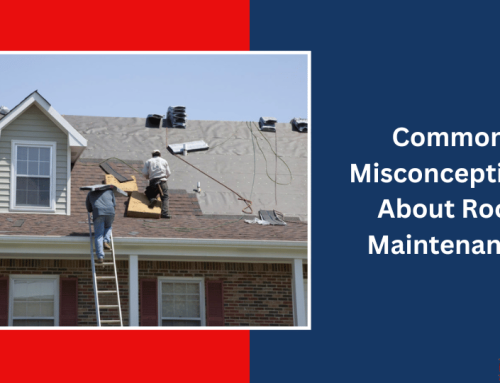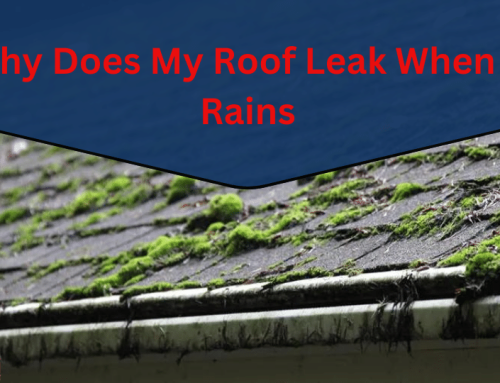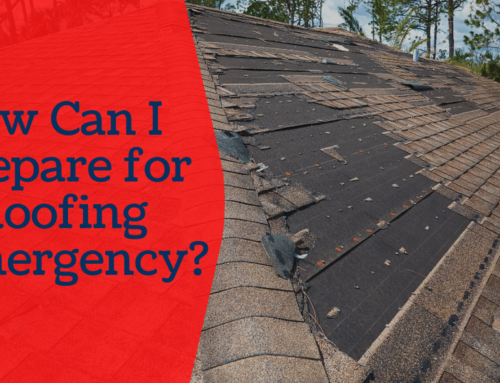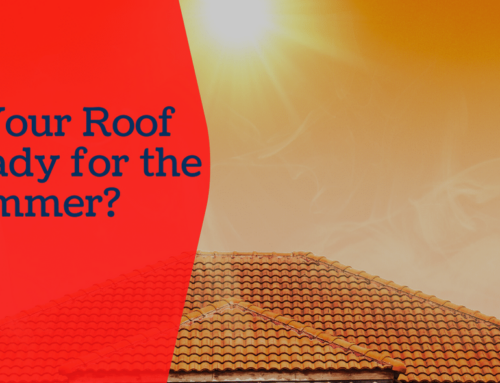If you’re wondering, “What are algae ratings?” Let Camden Roofing & Construction help you out. Are you in the market for a new roof? If so, you may have heard a lot about the pros and cons of several roofing materials. Also, you may know about asphalt and polymer-modified shingles and their varying lifespans.
However, you should also think about whether the shingles you plan to install have a high algal rating.
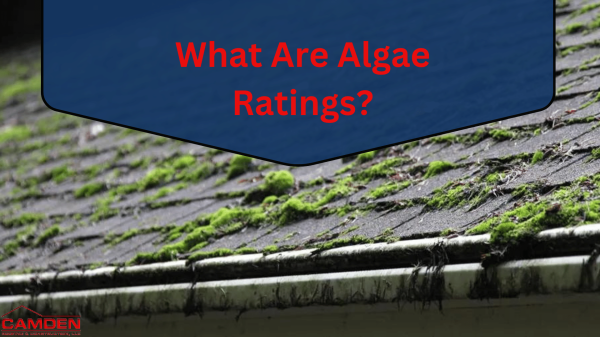
What Is Algae?
Here, we mean algae as a plant that grows on your roof. It develops particularly well in warm, humid situations. However, the name “algae” refers to a diverse collection of photosynthetic eukaryotic creatures. You may have noticed blue-green, fuzzy-looking stains on your own or someone else’s roof.
Is My Roof in Danger from Algae?
Think twice before assuming that algae will not damage your roof. It might not seem like a important matter now. But it could bring many problems that you and the other homeowners would rather avoid.
- Cause Unattractive Black Streaks on Your Roof
The sight of algae growing on your roof may remind you of a quaint little cottage at first. Yet, it will eventually ruin the way your home looks. A bacteria called Gloeocapsa magma cause the black spots that algae leave. It can ruin the aesthetic value of even the most stunning residence. Indeed, a property whose roof is covered with algae might lose its resale value.
- Raise Your Utility Bills
Roof algae presence in your roof may raise your energy bills. Algae absorb the sun’s heat, forcing it into your home. So, your air conditioner will have to work harder to maintain a reasonable temperature inside your home.
Your monthly energy costs will go up as a result.
- Develop Potentially More Harmful Growths
Lichen is a crustier, branch- or leaf-like growth that may arise on your roof if the algae associate with the proper kinds of fungi. Preventing a roof problem while it is only algae is preferable because removing lichen is more of a hassle.
When roof algae is a problem, moss growth is also an issue. Moss, in contrast to algae and lichen, has hairlike structures akin to roots called rhizoids. They are terrible news for your shingles since they make their way below the shingles. Thus, they form weak areas and holes.
Moss tends to soak up water. It may also invite microorganisms like mold and mildew into your house.
Algae-Resistant Shingles: Put Prevention Over Cure
Now we know the damage that algae and its byproducts may cause to your roof. So, now we can get to the point: What exactly is an algae rating?
You can tell how resistant shingles are to algae development by looking at their algae rating. The higher the rating, the more likely the shingles are to resist discoloration after years of algae growth.
Algae-resistant shingles are similar to traditional ones in appearance. But these contain copper granules that significantly reduce the growth of algae. The manufacturer should provide a maximum number of years during which the product will be algae-resistant. After that period, algae development is possible, and you can get rid of it with a soft wash.
Soft washes use a mild chemical spray to dislodge algae and lichen from your roof. Hire a professional roof cleaning and maintenance service for the correct chemical composition. If you do not employ a professional, you may discolor your roof. Such a mistake is the opposite thing you want to achieve. So, if you need roof maintenance, pick a certified and bonded contractor.
The Wrong Way to Deal with Roof Algae
If that algae on your roof stress you out, you might feel tempted to use a power washer to remove it.
However, under no circumstances is this a good idea!
Certainly, it would eliminate the algae. But it would also wash away the granules that give your shingles their protective qualities. These granules protect the shingles from the elements and add thickness to strengthen them. Besides, the granules reflect light from the shingles, reducing heat absorption. Think of your energy bill!
Power cleaning is not a good idea. The pressure you would apply to the roof is too much, especially for a long time. It raises the possibility of leakage because shingles or sealants may come loose. Even worse, power cleaning may help the algae spread to other locations.
Do you care about your roof’s longevity? Resist the temptation to use anything except a mild wash.
Roofing Professionals in North Carolina
For more information, contact Camden Roofing & Construction, LLC in Charlotte and Raleigh, NC, at 919-729-5050.
